SOUTH-SOUTH FACILITY RESULTS STORIES
In ten years of operations, the South-South Facility has supported more than 240 knowledge exchanges between more than 100 developing and emerging countries.
The lessons learned from these exchanges have been captured and documented in more than 170 Results Stories which constitute the SSF Knowledge Exchange Library.
Regions & Countries
Topics
Browse by Regions & Countries
- Angola
- Benin
- Botswana
- Burkina Faso
- Burundi
- Cabo Verde
- Cameroon
- Central African Republic
- Chad
- Comoros
- Congo, Democratic Republic of
- Congo, Republic of
- Cote d'Ivoire
- Equatorial Guinea
- Eritrea
- Ethiopia
- Gabon
- Gambia, The
- Ghana
- Guinea
- Guinea-Bissau
- Kenya
- Lesotho
- Liberia
- Madagascar
- Malawi
- Mali
- Mauritania
- Mauritius
- Mozambique
- Namibia
- Niger
- Nigeria
- Reunion
- Rwanda
- Sao Tome and Principe
- Senegal
- Seychelles
- Sierra Leone
- Somalia
- South Africa
- South Sudan
- Sudan
- Swaziland
- Tanzania
- Togo
- Uganda
- Zambia
- Zimbabwe
- Brunei Darussalam
- Cambodia
- China
- Fiji
- Indonesia
- Kiribati
- Korea, Democratic People's Republic of
- Lao People's Democratic Republic
- Malaysia
- Marshall Islands
- Micronesia, Federated States of
- Mongolia
- Myanmar
- Palau
- Papua New Guinea
- Philippines
- Samoa
- Solomon Islands
- Thailand
- Timor-Leste
- Tonga
- Tuvalu
- Vanuatu
- Vietnam
- Albania
- Armenia
- Azerbaijan
- Belarus
- Bosnia and Herzegovina
- Bulgaria
- Croatia
- Czech Republic
- Estonia
- Georgia
- Hungary
- Kazakhstan
- Kosovo
- Kyrgyz Republic
- Latvia
- Lithuania
- Macedonia, former Yugoslav Republic of
- Moldova
- Montenegro
- Poland
- Romania
- Russian Federation
- Serbia
- Slovak Republic
- Slovenia
- Tajikistan
- Turkey
- Turkmenistan
- Ukraine
- Uzbekistan
- Antigua and Barbuda
- Argentina
- Bahamas, The
- Barbados
- Belize
- Bolivia
- Brazil
- Chile
- Colombia
- Costa Rica
- Dominica
- Dominican Republic
- Ecuador
- El Salvador
- French Guiana
- Grenada
- Guatemala
- Guyana
- Haiti
- Honduras
- Jamaica
- Mexico
- Nicaragua
- Panama
- Paraguay
- Peru
- St. Kitts and Nevis
- St. Lucia
- St. Vincent and the Grenadines
- Suriname
- Trinidad and Tobago
- Uruguay
- Venezuela, Republica Bolivariana de
Browse by Topics
REFINE BY
ADVANCED SEARCH
Showing 81 to 120 of 210 Entries.
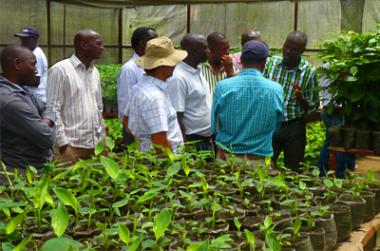
November 01, 2013 -
Implementing and Sustaining Shade-Grown Coffee in Burundi and Rwanda: An Exchange of Traditions with Colombia and Ethiopia
In a strategy to strengthen the coffee sector in Burundi and Rwanda, both countries demonstrated interest in implementing shade-grown coffee programs that will promote sustainable economic development and redress land degradation.
Read More
Knowledge-providing Countries:
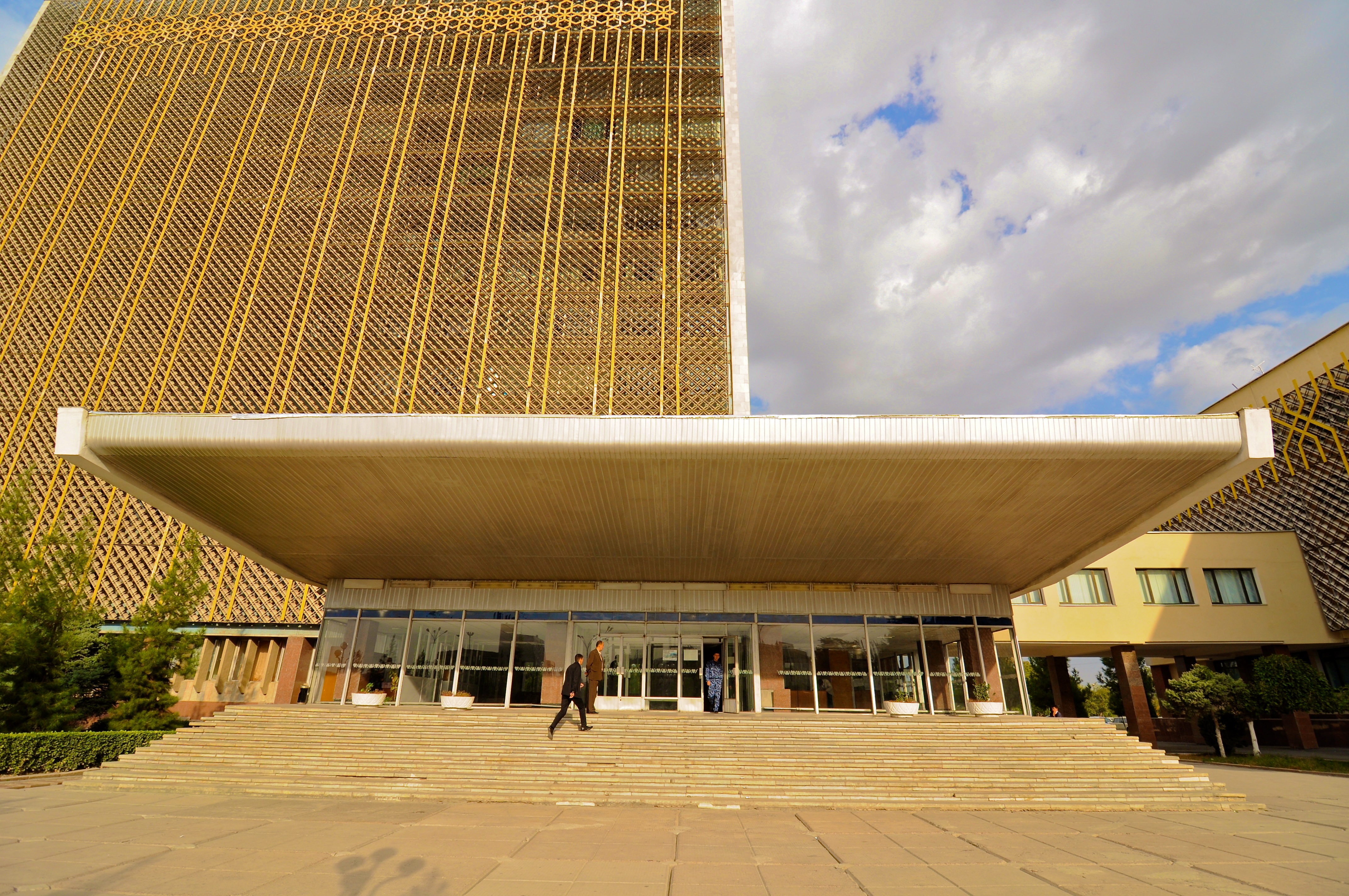
November 17, 2013 -
Improving eGovernment Services in Uzbekistan: Knowledge Exchange with Malaysia to Develop Policy and Regulatory Capacity
The Government of Uzbekistan wanted to improve e-services to its citizens, businesses, and government for greater efficiency, data availability, and transparency. However, the Government lacked the appropriate regulatory and policy framework.
Read More
Knowledge-providing Countries:
Knowledge-receiving Countries:

September 23, 2013 -
Enabling Pro-Poor Management of Zambia’s Mineral Wealth
Zambia faced challenges managing its natural resource wealth, especially from copper mining, in ways that reduce poverty; diversify the economy; and improve education, health, and livelihoods of Zambian citizens.
Read More
Knowledge-providing Countries:
Knowledge-receiving Countries:
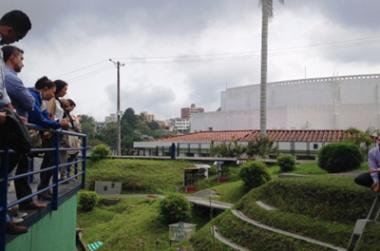
January 13, 2014 -
Improving Disaster Risk Management in Honduras. Incorporating risk management into land use planning: A study tour with Colombi
Honduras sought to minimize the adverse impacts of natural disasters by including disaster risk management (DRM) and environmental considerations into overall development and land use planning at the national, regional, and local levels.
Read More
Knowledge-providing Countries:
Knowledge-receiving Countries:
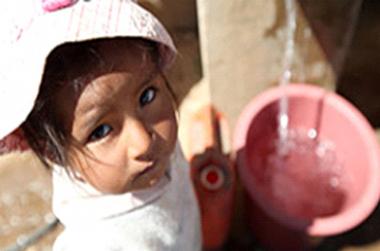
June 17, 2013 -
Implementing Multidimensional Measures of Well-being in Bolivia: Learning from Bhutan, Ecuador, and Mexico
The Exchange gathered experts from Bhutan, Ecuador, and Mexico to share knowledge with Bolivian government officials on “measuring” the concept of buen vivir (literally, living well) across monetary and nonmonetary dimensions of social development.
Read More
Knowledge-receiving Countries:

September 01, 2013 -
Improving telecom services in Tunisia and Mauritania
To ensure universal access to affordable telecommunications services, Tunisian and Mauritanian officials engaged in an exchange with Turkey on ways to reform and liberalize their telecom sectors, with an emphasis on broadband.
Read More
Knowledge-receiving Countries:
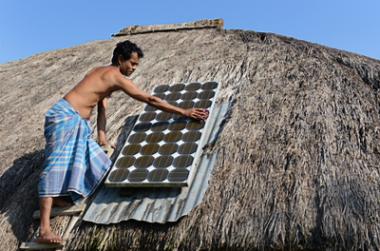
July 01, 2013 -
Expanding Capacity in Central Asian Countries for the Application of New Energy and Power Technologies
To provide access to more reliable, sustainable energy and power sources, representatives of five Central Asian countries (Kazakhstan, the Kyrgyz Republic, Tajikistan, Turkmenistan, and Uzbekistan) participated in an exchange with India.
Read More
Knowledge-providing Countries:
Knowledge-receiving Countries:
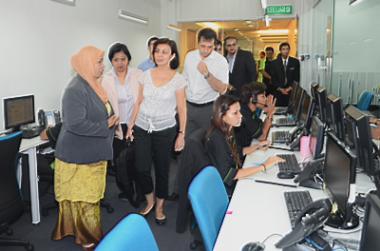
July 01, 2013 -
Building Skills for e-Procurement in Tajikistan
The Government of Tajikistan wanted to keep up with the growth of e-governance as well as reform its public procurement system. Through the exchange with Malaysia, experts from Tajikistan learned about the importance of improving efficiency and transparency in the public procurement process.
Read More
Knowledge-providing Countries:
Knowledge-receiving Countries:

March 01, 2014 -
Strengthening Management of State-Owned Enterprises in Bolivia
What was the objective of the South-South exchange? : The Bolivian Government sought to improve the management and regulation of state-owned enterprises (SOE), which provide services in key sectors such as energy, transport, and communication. Bolivian officials approved in 2013 a Public Corporation Law establishing a legal framework for state-
Read More
Knowledge-receiving Countries:
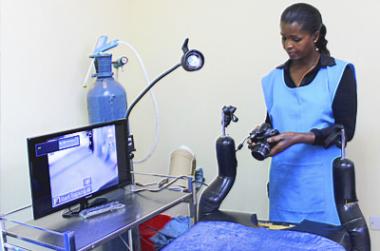
March 25, 2014 -
Strengthening Public Investment Project Coordination among Subnational Governments in Colombia
The Government of Colombia sought to strengthen the capacity of its Bank of Public Investment Projects. Weak capacity and systems made it difficult to manage projects and coordinate among subnational governments in the planning and execution of public investment projects.
Read More
Knowledge-providing Countries:
Knowledge-receiving Countries:

August 19, 2013 -
Modernizing Cairo’s Transport Authority
Regardless of their political side, all stakeholders agree that alleviating Cairo’s traffic congestion is a top priority. Public transport services are far short of what they should be in a city the size of Cairo with 17 million people and growing rapidly.
Read More
Knowledge-receiving Countries:
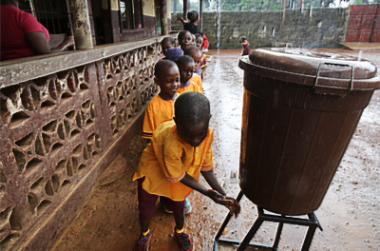
September 23, 2013 -
Improving Transparency in Extractive Industries in Ethiopia, and Tanzania
Ethiopia and Tanzania are rich in natural resources, but both face questions on how to best govern the mining industry to ensure economic transparency and growth. The Extractive Industry Transparency Initiative (EITI) helps address the development and governance challenges facing these and other resource-rich nations.
Read More
Knowledge-providing Countries:
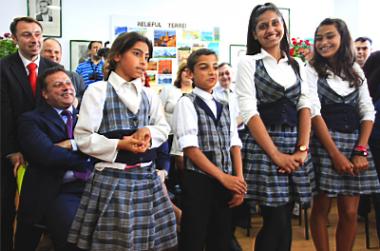
February 25, 2013 -
Moldova and Romania: Sharing Experience on School Graduation Examinations
To modernize its baccalaureate exams and make its outcomes assessment system of student learning more transparent and reliable, the Government of Moldova participated in a learning exchange with Romania.
Read More
Knowledge-providing Countries:
Knowledge-receiving Countries:

July 18, 2013 -
Improving Energy Efficiency in Bosnia and Herzegovina’s Public Buildings
What was the objective of the South-South exchange? : The often-inefficient energy end-use in Bosnia and Herzegovina indicates a real need for reducing the burden of energy expenses in both public and private sectors. An important energy sector goal of the country is to increase energy efficiency by 9 percent by 2018, and for the public sector to
Read More
Knowledge-providing Countries:
Knowledge-receiving Countries:
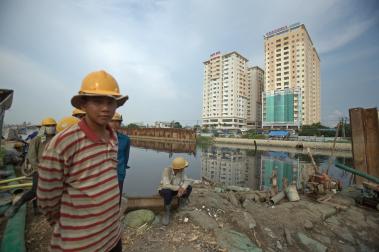
January 06, 2014 -
Establishing a Municipal Development Fund for Enhanced Financing of Infrastructure: Vietnam-Colombia Exchange
To strengthen municipal infrastructure financing as part of a larger urban development plan, Vietnam participated in an exchange with Colombia. The Vietnamese learned about the institutional, legal, regulatory, and operational frameworks of municipal development funds (MDFs).
Read More
Knowledge-providing Countries:
Knowledge-receiving Countries:

April 29, 2013 -
Improving Russia’s Capacity for Innovative Urban Transport Solutions
The Government of the Russian Federation aimed to improve its urban transport systems and thereby enhance the environmental, social, and financial sustainability of its cities. As another large, middle-income country hosting major world events, Brazil has had three decades of progress in the sector.
Read More
Knowledge-providing Countries:
Knowledge-receiving Countries:
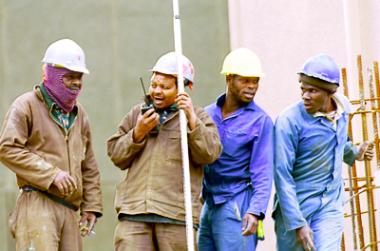
November 01, 2013 -
Capacity Building for Creditworthiness of the City of Ulaanbaatar, Mongolia
The city of Ulaanbaatar (UB) had reached a secure budgetary position to fulfill its goal for obtaining creditworthiness and issuing municipal bonds to mobilize financial resources. But it lacked the knowledge and experience to move forward.
Read More
Knowledge-providing Countries:
Knowledge-receiving Countries:
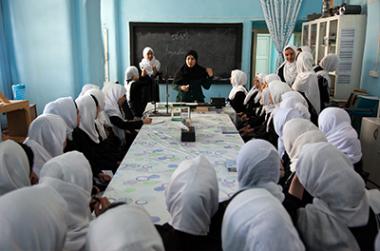
April 01, 2013 -
Improving Training and Employment Program Design for Young Women in Afghanistan
Afghanistan’s Female Youth Employment Initiative to transition girls from schooling to wage employment was piloted as one of five Adolescent Girls Initiative (AGI) projects in low-income, conflict-affected countries with input from the Nepali experience.
Read More
Knowledge-providing Countries:
Knowledge-receiving Countries:
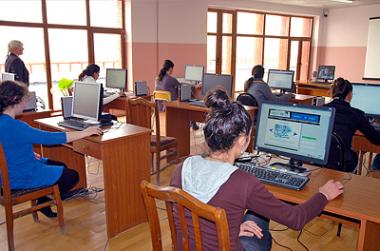
July 23, 2014 -
Expanding Internet access in the Kyrgyz Republic
A fundamental prerequisite for successfully growing an economy today is affordable, efficient, and widespread access to Internet services. But many countries are still in the process of creating the necessary foundations for transitioning to an information society.
Read More
Knowledge-providing Countries:
Knowledge-receiving Countries:
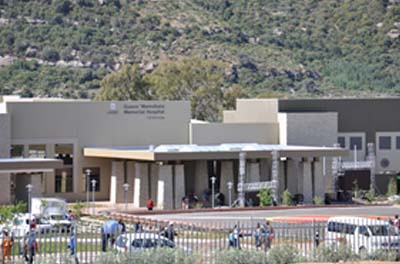
December 10, 2011 -
Improving Delivery of Health Services in African Countries
Health officials across the globe are increasingly interested in improving the quality of health care and its value for money, and consider Public-Private Partnerships (PPPs) as one way to achieve these goals.
Read More
Knowledge-providing Countries:
Knowledge-receiving Countries:
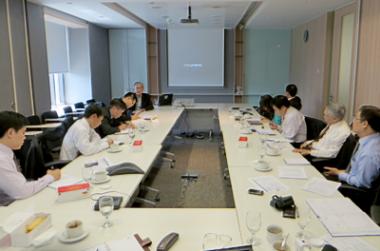
March 08, 2013 -
Restructuring Vietnam’s Financial Sector and State-owned Enterprises
To ensure that Vietnam’s macroeconomic and structural policies could contribute to sustainable economic growth in the wake of the 2008-2009 global economic crisis, government officials participated in an exchange with Indonesia, Mexico, and Chile.
Read More
Knowledge-receiving Countries:
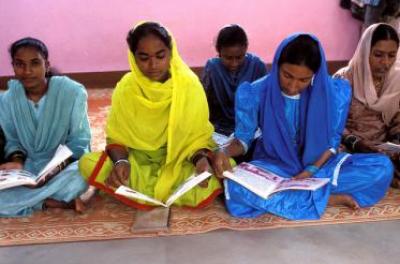
June 17, 2013 -
Strengthening Decentralization and Local Governance in the State of Kerala in India
What was the objective of the South-South exchange?
What has happened so far?
What results have been achieved?
Read More
Knowledge-providing Countries:
Knowledge-receiving Countries:
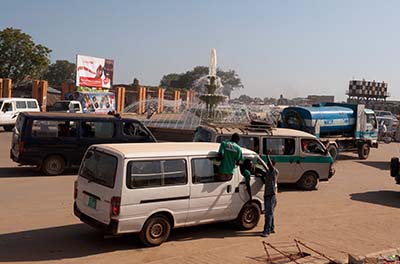
February 13, 2012 -
Strengthening Social Protection in South Sudan
The Government of South Sudan sought to reduce poverty and food insecurity, which had persisted through years of social conflict. Authorities prioritized improving social protection policies and initiatives, including programs providing Cash Transfers (CT) to vulnerable households.
Read More
Knowledge-receiving Countries:
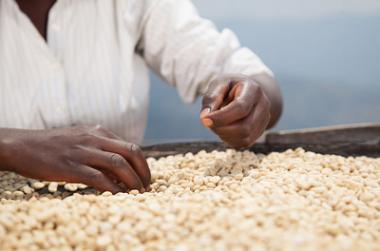
February 17, 2013 -
Increasing youth employment in ICTs in Jamaica
To engage youth in the global market for ICT applications, senior leaders from Jamaica’s Ministry of Science, Technology, Energy, and Mining (MSTEM) and its partners sought to develop and launch a regional technology incubation hub providing seed capital, training, and networking opportunities to entrepreneurs to bring their ideas to market.
Read More
Knowledge-providing Countries:
Knowledge-receiving Countries:

January 12, 2012 -
Promoting Open Government in Macedonia
Macedonia sought to develop and implement an Open Government Plan as part of its effort for government transparency, as well as to meet EU online service requirements.
Read More
Knowledge-receiving Countries:
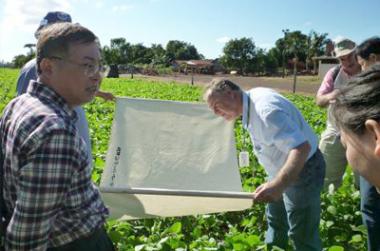
February 01, 2013 -
Learning International Best Practices on Conservation Agriculture from Brazil
The Chinese Province of Guangdong wanted to increase its knowledge of conservation agriculture practices that would help achieve sustainable crop production and reduce surface water pollution.
Read More
Knowledge-providing Countries:
Knowledge-receiving Countries:
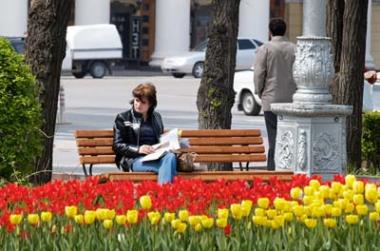
January 06, 2012 -
Strengthening a municipal water utility in Tajikistan
Water utilities in Tajikistan and other post-Soviet countries faced challenges in upgrading infrastructure and modernizing operations. Complementing a World Bank project, officials from a water utility in Dushanbe engaged in an exchange with a utility in St. Petersburg, Russia to learn how it had revitalized its performance.
Read More
Knowledge-providing Countries:
Knowledge-receiving Countries:
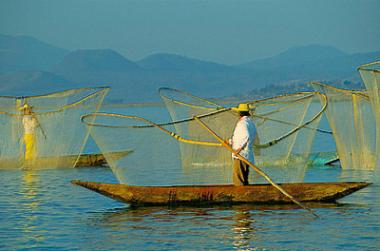
July 15, 2012 -
South-South Exchange on Population and Agricultural Censuses in Bolivia
Bolivia recognized during the preparation and implementation of the National Population and Housing Census (NPHC) and the National Agricultural Census (NAC), that there was a need to strengthen its statistical and information systems for monitoring and accountability.
Read More
Knowledge-receiving Countries:
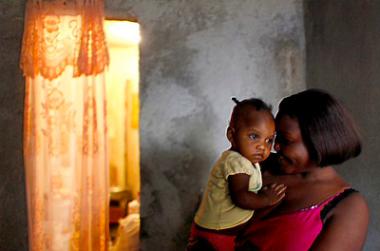
November 22, 2012 -
Building the Capacity of Caribbean Countries to Protect and Promote Nutrition of Mothers and Children during Crises
Several Caribbean countries face similar challenges including inadequate policies, interventions, and systems to protect the most vulnerable from the irreversible effects of recurring crises impacting the health and nutrition status of mothers and children. Grenada, Haiti, Dominica, St. Lucia, and St.
Read More
Knowledge-receiving Countries:
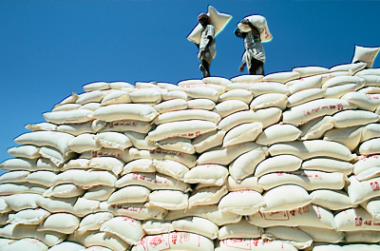
January 13, 2013 -
Learning Innovative Participatory Approaches in Addressing Informal Settlement Issues
The Government of Bangladesh recognized a need to ensure secure and affordable housing options for its urban poor at a time of rapid urban expansion. Toward this objective, the Government moved to develop a national framework for providing housing and shelter options for the urban poor and most vulnerable.
Read More
Knowledge-providing Countries:
Knowledge-receiving Countries:
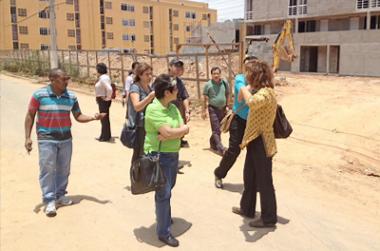
July 31, 2013 -
Shelter for the Urban Poor in the Philippines: Building Capacity to Develop and Implement Inclusive and Effective Large-Scale Solutions
To develop a national framework for providing housing and shelter options for the marginalized urban poor, officials from the Philippines engaged in an exchange with Brazil.
Read More
Knowledge-providing Countries:
Knowledge-receiving Countries:
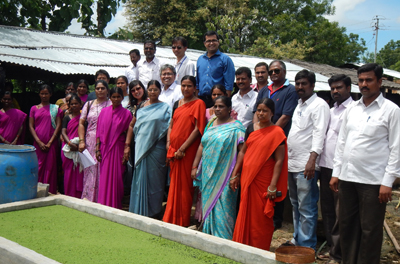
September 03, 2013 -
Empowering the Poor in Indonesia
With assistance of the Bank and other donors, Indonesia has supported a National Program for Community Empowerment (PNPM), which has helped more than 70,000 villages prioritize needs and access community grants for development projects.
Read More
Knowledge-receiving Countries:
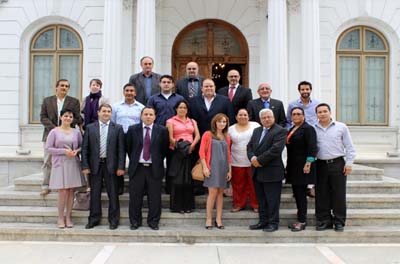
February 06, 2013 -
Strengthening Land Administration in Honduras
Challenges in land administration, such as weak property rights and unequal distribution, have threatened the pace of economic growth in Honduras. The Government has prioritized improving land administration services, which included adopting a unified cadaster and land registration system.
Read More
Knowledge-providing Countries:
Knowledge-receiving Countries:
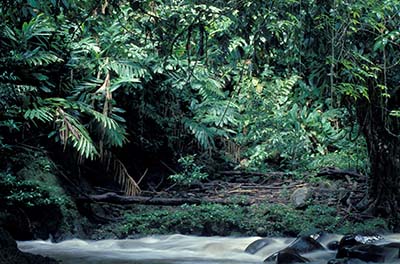
November 10, 2011 -
Reducing Vulnerability to Climate Change in the Caribbean
The Eastern Caribbean states of Dominica, Grenada, Saint Lucia, and Saint Vincent and the Grenadines (SVG) have worked with the World Bank, regional development partners, and donors to reduce their vulnerability to climate change.
Read More
Knowledge-receiving Countries:
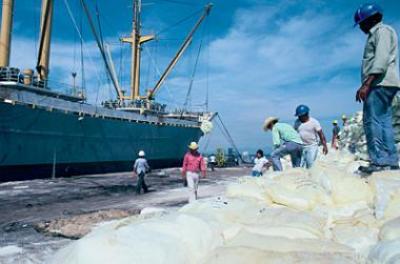
April 25, 2013 -
Sharing Experience in Promoting Green Growth
The state of Himachal Pradesh in India recognized the need to design its development strategy that included policies for sustainable management of natural resources and inclusive economic growth. Mexico had experience with including green growth and managing climate change into their own development agenda.
Read More
Knowledge-providing Countries:
Knowledge-receiving Countries:

January 20, 2013 -
Building Capacity among Nicaragua’s Small-Scale Cocoa Farmers and their Organizations to Facilitate Fair Trade
The Nicaraguan Government, aiming to promote social and rural development and poverty reduction among its indigenous populations, recognized the much-needed task of building capacity for effective marketing among the small-scale cocoa farmers and their communities at local and national levels.
Read More
Knowledge-providing Countries:
Knowledge-receiving Countries:
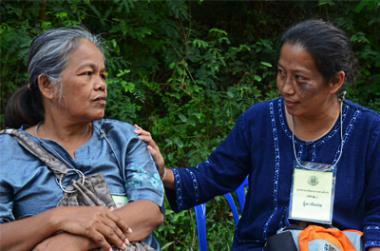
April 02, 2013 -
Modernizing Myanmar’s Budget System and Practices: Learning from Thailand’s Successes and Challenges
The Government of Myanmar recognized the need to reform public financial management as part of a broader effort to restore fair and accountable governance, build the country’s economy, and promote national reconciliation after decades of military rule.
Read More
Knowledge-providing Countries:
Knowledge-receiving Countries:

December 15, 2011 -
Improving Road Maintenance in Vietnam
To address rising road maintenance costs and improve road safety, Vietnamese officials sought cost-effective ways to maintain Vietnam’s roads, such as the introduction of Performance Based-Contracts (PBCs).
Read More
Knowledge-providing Countries:
Knowledge-receiving Countries:
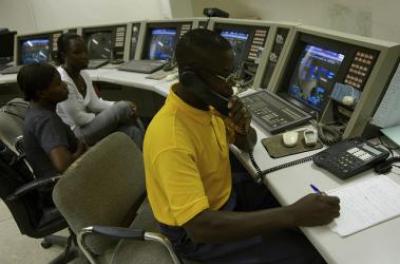
May 01, 2012 -
Mozambique: Enhancing Municipal Revenues to Improve Service Delivery
What was the objective of the South-South exchange? : With the largest urban population in Mozambique, the capital city Maputo faces a continuous demand for municipal services. The city is aware that it must increase its own sources of revenue to ensure that services are provided in a sustainable manner. A primary challenge for Maputo has been to
Read More
Knowledge-providing Countries:
Knowledge-receiving Countries:
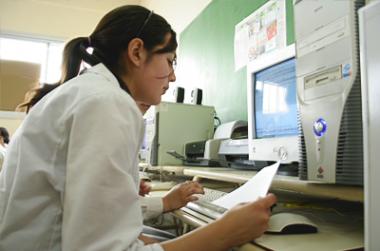
December 16, 2012 -
Strengthening Bolivia’s National Science, Technology, and Innovation System with Learning from Argentina and Uruguay
To increase its limited knowledge, skills, and implementation know-how with regards to science, technology, and innovation (STI) systems, the Government of Bolivia engaged in an exchange with the more experienced Argentina and Uruguay.
Read More
Knowledge-receiving Countries:

 China
China Colombia
Colombia Denmark
Denmark India
India Indonesia
Indonesia Mexico
Mexico Russian Federation
Russian Federation Spain
Spain United Kingdom
United Kingdom